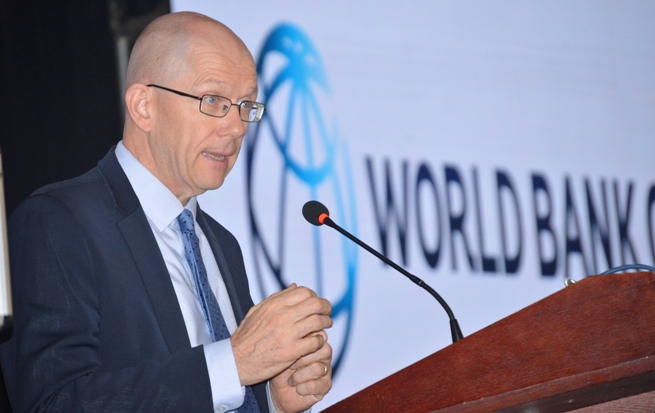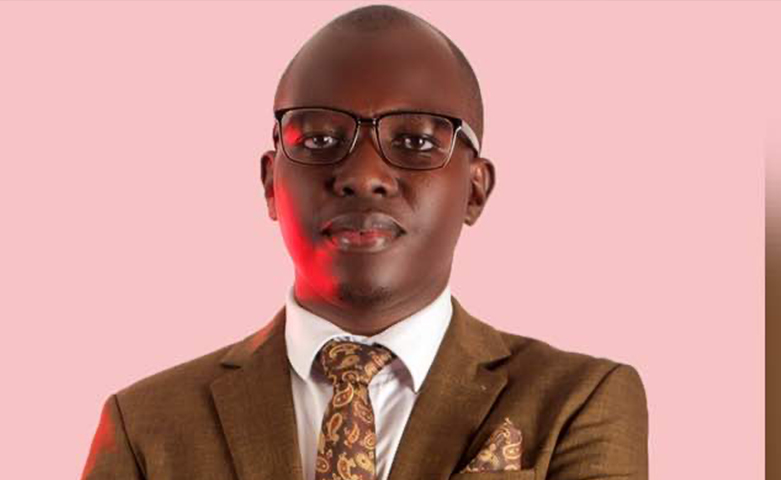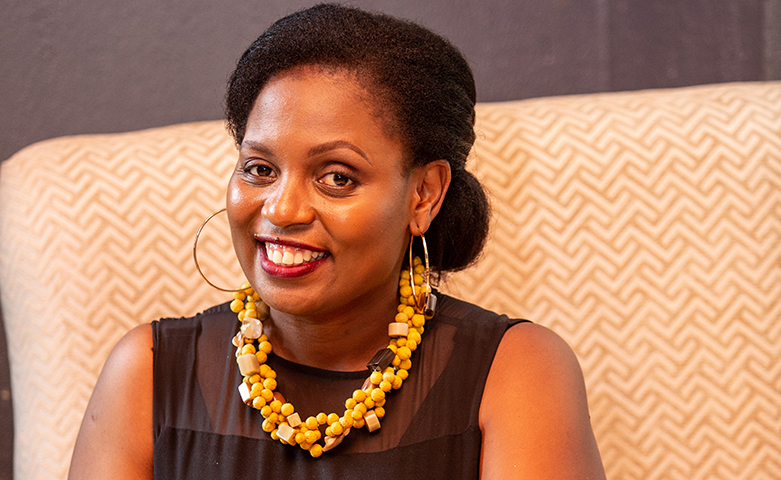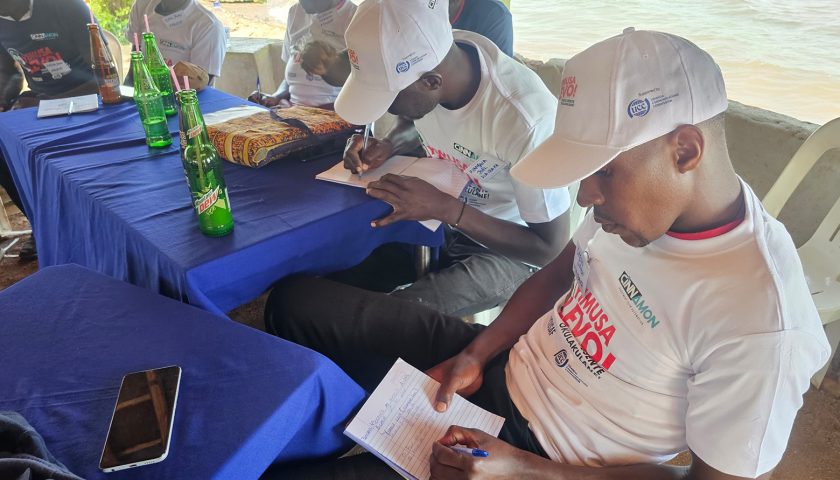Uganda will get at least 7 trillion shillings from the World Bank for the period between 2021 and 2023, officials have said.
The money is part of new funding round that the bank has put aside for the developing countries under the International Development Assistance (IDA) round 19. Antony Thompson, the World Bank Uganda country director, said they would disburse USD 500m to USD 700m annually.
This is an increment from the USD 1.4bn (Shs 5.1tn) that Uganda received in the three years to 2020. Thompson told reporters on Wednesday that the disbursement of the new funding will start on July 1.
This money is a loan that can be refunded. However, it falls under the concessional funding part where the money is cheap and has better terms and longer period for repayment compared to the non-concessional loans that are generally expensive.
Non-concessional or expensive loans usually come from bilateral lenders like China. Uganda’s borrowing is currently bending heavily on expensive loans (non-concessional) raising fears that payment might be a problem.
The increase in funding from the World Bank will be a boost for Uganda at the time when the country needs more resources to carry out key projects. In general, between 2021 and 2023, the World Bank will give $82 billion for the IDA assistance to the poorest countries.
At least $53 billion of that will come to Africa, and is expected to “help countries invest in the needs of their people, boost economic growth, and bolster resilience to climate shocks and natural disasters.”
Thompson said Uganda particularly to invest in the human development of its people. A child born in Uganda currently can only achieve 38% of their potential, particularly because of the limited investment in the human development of her people.
Richard Walker, the chief economist at World Bank, said many Ugandans remain vulnerable to the shocks, likely to fall back into extreme poverty. The rural poor, Walker said, are particularly the most vulnerable.
“Uganda is under-investing in the future for productivity of its people. Lowe levels of human development means more people are likely to fall into poverty,” Walker said. The WB hopes that Uganda can use the money to invest in projects that get people out of poverty. The World Bank funds road projects, schools, agriculture irrigation among other things.
URN.




